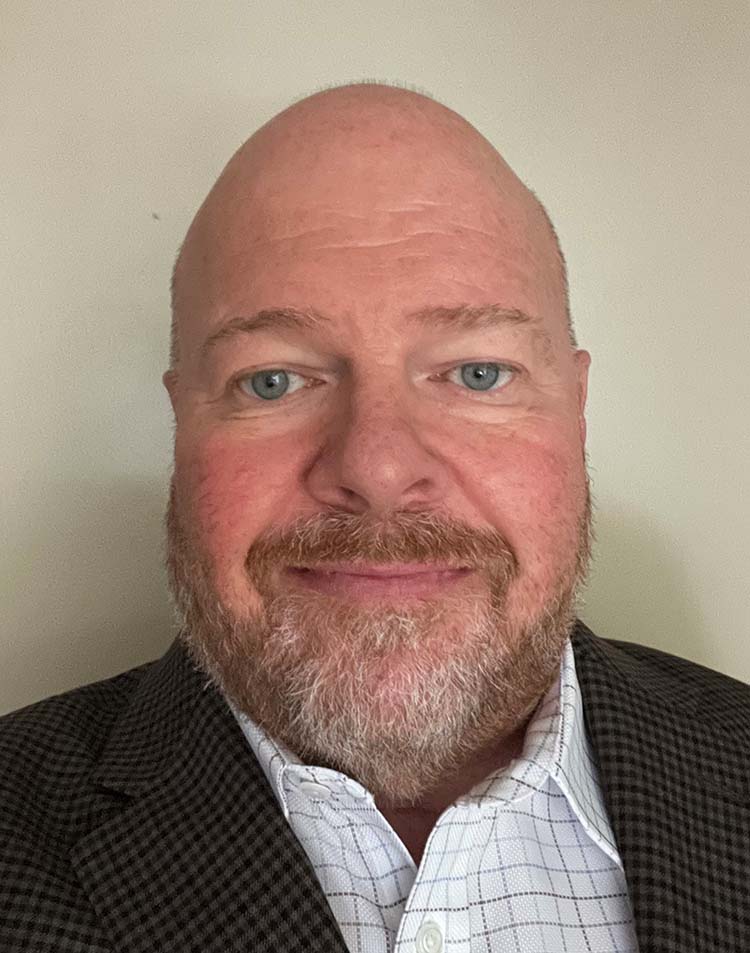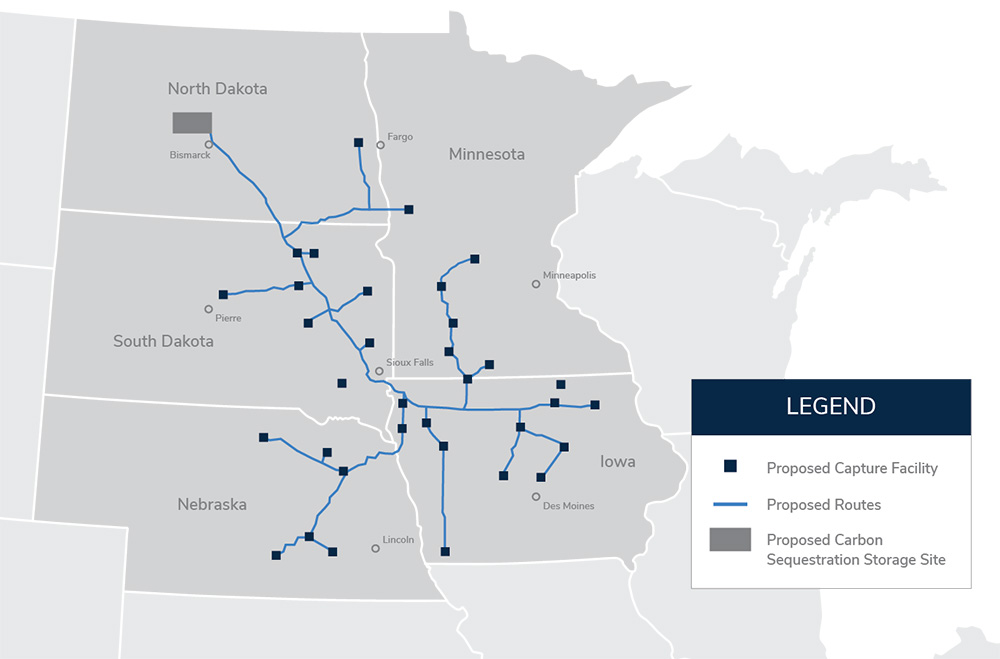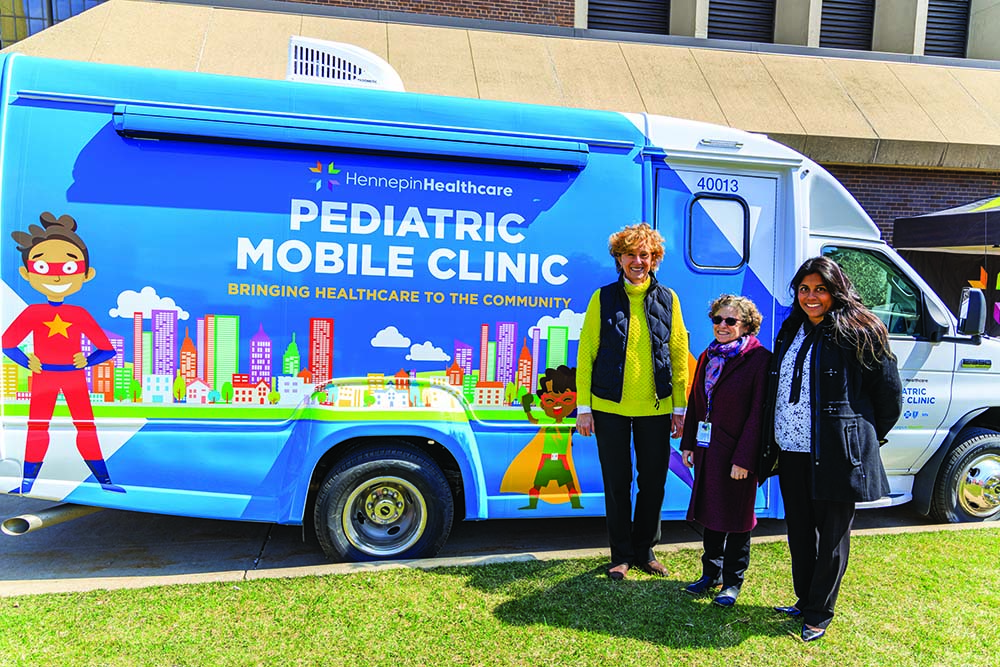Sponsored Content
- Type: Default
- Ad Visibility: Show Article Ads
- Reader Survey Question: No Question
- Video Poster: https://nativenewsonline.net/images/10_Years_Logo.png
It’s an exciting time for travel and tourism in America’s Indigenous communities! The American Indian Alaska Native Tourism Association (AIANTA) and its Annual American Indian Tourism Conference (AITC) are marking 25th anniversaries this year, and the energy is palpable.
- Details
- By American Indian Tourism Conference
- Type: Headshot
- Ad Visibility: Show Article Ads
- Reader Survey Question: No Question
- Video Poster: https://nativenewsonline.net/images/10_Years_Logo.png
I am Dave Daum, the Sr. Director of Health, Safety, Security and Environmental for Summit Carbon Solutions. I am a Certified Safety Professional and have worked in heavy construction, pipeline and energy businesses for the past 30 years in an effort to manage risk and protect people and the environment we live in. Safety and environmental management are two of my passions and why I am writing to you today.
- Details
- By David Daum — SUMMIT CARBON SOLUTIONS
- Type: Default
- Ad Visibility: Show Article Ads
- Reader Survey Question: No Question
- Video Poster: https://nativenewsonline.net/images/10_Years_Logo.png
AITC, scheduled for October 2-5, 2023, at Choctaw Casino & Resort-Durant is organized by the American Indian Alaska Native Tourism Association and will be held on the tribal homelands of the Choctaw Nation of Oklahoma in Durant, OK.
- Details
- By American Indian Alaska Native Tourism Association
- Type: Default
- Ad Visibility: Show Article Ads
- Reader Survey Question: No Question
- Video Poster: https://nativenewsonline.net/images/10_Years_Logo.png
I am Lee Blank, CEO of Summit Carbon Solutions, and I am writing to provide key insights about a project that holds significant potential for enhancing environmental stewardship and benefitting Tribal Nations and their citizens.
- Details
- By Lee Blank — Summit Carbon Solutions
- Type: Default
- Ad Visibility: Show Article Ads
- Reader Survey Question: No Question
- Video Poster: https://nativenewsonline.net/images/10_Years_Logo.png
Vaccines have the power to protect us. For decades, life-saving immunizations have eradicated smallpox and almost eliminated measles, meningitis, and polio in this country. We rarely see these diseases in our communities because generations of families have recognized the importance of vaccines and made the decision to vaccinate loved ones. According to the Centers for Disease Control and Prevention, almost four million deaths worldwide are prevented each year because of vaccines. In the last three years, we have taken the success of all vaccines for granted. We can’t, nor should we, diminish the importance of vaccines.
- Details
- By Sheyanga Beecher, CNP, MSN, MPH and Sims Ma
- Type: Default
- Ad Visibility: Show Article Ads
- Reader Survey Question: No Question
- Video Poster: https://nativenewsonline.net/images/10_Years_Logo.png
“What advice do you have for reconnecting Natives?”
- Details
- By HarperCollins
- Type: Default
- Ad Visibility: Show Article Ads
- Reader Survey Question: No Question
- Video Poster: https://nativenewsonline.net/images/10_Years_Logo.png
Insights from Robert Dahl, a Thought Leader in the Tribal Insurance Space
- Details
- By Amerind
- Type: Default
- Ad Visibility: Show Article Ads
- Reader Survey Question: No Question
- Video Poster: https://nativenewsonline.net/images/10_Years_Logo.png
The Native creators of the award-winning game Coyote & Crow are back with a new tabletop game, Wolves, which is crowdfunding now on Kickstarter. This is a family-friendly game for 3-6 that has players take on the mantle of leaders of agrarian communities, working together to share resources and make it through winter.
- Details
- By Coyote & Crow Games
- Type: Default
- Ad Visibility: Show Article Ads
- Reader Survey Question: No Question
- Video Poster: https://nativenewsonline.net/images/10_Years_Logo.png
Free three-day event is also available to stream
- Details
- By 2 Rivers









